Past, Present & Future
Past, Present & Future
The story of WAPOR Asia goes back more than a dozen years ago. In February 2004, when WAPOR held a Regional Seminar in Manila, a number of participants from Asia discussed the possibility of establishing a public opinion research organization in Asia, so that researchers in the region do not have to travel huge distances to North America or Europe for international conferences on opinion research. The idea was re-visited during WAPOR’s Regional Seminars held in Hong Kong in December 2005, and again in New Delhi in February 2008.
In June 2012, WAPOR took a brave step of changing its 64-year tradition of holding annual conferences alternately in North America and Europe. It moved its annual conference to Hong Kong, and attracted more than 250 participants coming from almost 40 countries and regions, making over 120 presentations. This record-breaking conference set the scene for two major developments: (1) WAPOR gathered confidence in its new conference cycle of holding one annual conference every 3 years outside North America and Europe, and (2) sparked off new organizations in Asia.
In November 2012, a group of WAPOR members who attended the Hong Kong Annual Conference in June that year established the Asian Network for Public Opinion Research (ANPOR), but in 2014 the same group declared the end of its constitutional existence due to the failure of its leadership to conduct meetings and elections according to the constitution. The group then decided to go for establishing an Asia Chapter under WAPOR, and the constitution of WAPOR Asia was drafted.
In July 2016, the WAPOR Council approved the constitution, which not only stipulates the aims and objectives of WAPOR Asia being “to promote in each country or region in Asia the right to conduct and publish scientific research on what the people and its groups think… to assist and promote the development and publication of public opinion research in Asia… to promote worldwide the publication of public opinion research on Asia…” among others, but also spells out clearly that all persons interested in opinion research in Asia can become members. Moreover, following the WAPOR spirit, the leadership of WAPOR Asia will be voted into office by members through contested elections, and the 6-year path of Vice President, then President, then Past President is clearly stipulated.
WAPOR Asia then held its first Council Meeting in Dhaka in November 2017 to lay down the ground rules for its first elections, which was held later that month. Robert Chung (the author) became its first President, Yashwant Deshmukh the Vice President, and Eric Yu the Secretary-Treasurer. The first Exco Meeting was held in March 2018, and the first Annual Conference held in Taipei from May 24-26, 2018.
During the inaugural conference, 19 presentations were made, together with one keynote speech and one panel discussion. More than 30 participants from 8 countries attended. A Council Meeting and a Business Meeting were held, according to the constitution, and many important decisions were made. Among them is the scheduling of three future annual conferences –
2019 – 2nd Annual Conference – September 26-29, 2019, New Delhi
Theme – Digital Democracy: The Scope and Limitations of Digital Advancement on Democratization in Asia
Co-host – Centre for Voting Opinion & Trends in Election Research (CVoter)
2020 – 3rd Annual Conference – September 24-27, 2020, Kuala Lumpur
Co-host – International Islamic University Malaysia (IIUM)
2021 – 4th Annual Conference – September 23-26, 2021, Manila
Co-host – Social Weather Stations (SWS)
Looking ahead, other than fixing the dates of our annual conferences well ahead of time, we at WAPOR Asia will always remember our dual purpose of safeguarding the freedom to publishing opinion research and promoting professional standards. We see it as our prerogative and duty to fill our future annual conferences with the following themes and sub-themes, at the very least –
(1) WAPOR Asia Core Values
a. The freedom to publish opinion surveys
b. The quality of conducting and reporting opinion surveys
(2) Thematic Studies
a. Cross-cultural or multi-national studies on the same theme
b. Local studies good for international discussion
(3) Breakthrough Studies
a. Advancing into the domains of civic society, social media, and the like
b. Straddling the boundaries between science and social science
On the very last theme, it should be noted that with merging of the International Council for Science (ICSU) and the International Social Science Council (ISSC) in October 2017 to become the International Science Council (ISC), and the organization of the First General Assembly of the new Council in July 2018, we who work in the area of public opinion research should do our best to bring in the discussions of new technologies and new paradigms in our conferences. WAPOR Asia at its inaugural conference in Taipei has started the ball rolling by discussing big data and small data, microsimulation and blockchain. We may not need to wait too long before we discuss the application of artificial intelligence, digital data visualization, and other advanced tools to the study of public opinion research.
WAPOR Asia is teeming with life and ideas.
Feel free to ask any questions
